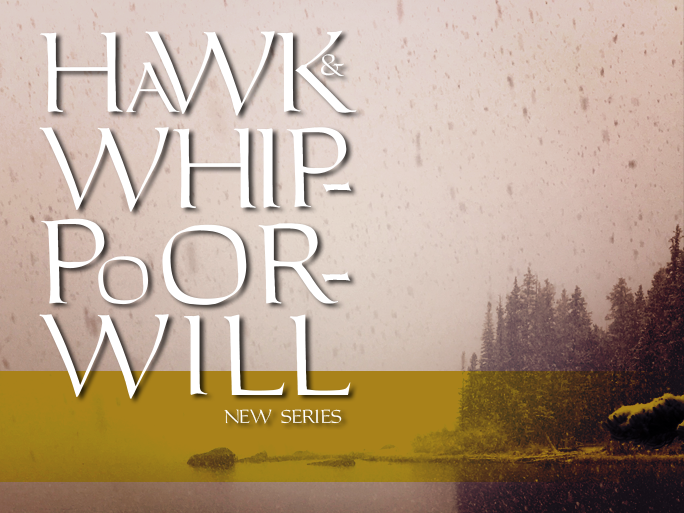My second short story collection is now released! Off the Bourgeois Track and Other Stories About Women Gone to Work contains twelve stories and two short shorts. Six of the stories were
previously published in magazines or journals. This collection is available in both paperback and ebook. Here is the summary:
In
this collection, happenstance brings out women characters and how
they juggle jobs, living issues, and men. The fourteen short stories
aren't so much about fortune as about the unprecedented
and sometimes humorous hours during which a woman must act on her
own. The women are in the adventure of a transitional time.
Characters include college graduates in entry level jobs, a student
of Scandinavian languages, a puppeteer in a temporary job, a clothing
salesclerk, a professor in summer seclusion, and a piccolo player.
Most
of these stories take place in the Midwest. In the writing, development often approached a final dilemma, allowing
the reader to think on it. I've like an open end. Here are a few
short excerpts about characters or their perplexed moments in stories
following the samples at Amazon and other sites.
In "Fondue", a college student escapes to resort work where the chef is ferocious.
After
two platters collided outside the swinging doors and a pair of
lederhosen appeared to be clawed with Spanish salsa, the hostess
called me into the office. Contact with Clement had to be established
again.
I'm not sure how it happened, business being a sort of beast to me then, but one day I was stating Clement's complaint as unsparingly as a doctor - that the resort was "as always wrong as the American customer, making mockery and money." The next day I was their sacrifice, fawn footing it through the forest for chocolate torte at Clement's chalet.
From "Assumptions: A Silent Story."
Mona
thought she was converting one of the last accounts of a woman’s
physical injury into a paragraph without sentence complications when
Norman, instead of calling her before lunch, called her supervisor.
She hurries through the passageways of the legal research agency, a
cavern to her. Today she is also dodging Norman’s clashes in court,
fuzzy fragments of light that are supposed to expose villain, victim,
hero. The old-fashioned radiators shimmer and the elevator lights
blink as Mona wonders about the assumptions in courtrooms.
Three
women share a duplex during their first city jobs in "Something Missing."
“Did you pick someone up?" Rena questioned, seriously leery now.
Paulette explained about the bus and the St. Anthony Park directions. Usually she was the one who listened. Rena had a biography of boyfriends from Milwaukee and Chicago where she attended her first two years of college.
"You’re
going out with him?” Pony was incredulous. She was from a town that
was short on introduction because everybody knew everybody.
“I
thought he could come over here,” Paulette said. “Especially if
he rents that house. He probably comes from a well-off family in
Costa Rica.”
A college professor alone at her lake cabin in "The Recluse and the Raccoon":
While
this last year, they were probably speculating about her. Her
marriage was not so solid a statement as it had been. A miasma seemed
to have seeped into class, a mood that wasn’t altogether hers. It
was the problem of being unlovable, a fear that haunted students.
Even her son was not reliably faithful anymore, not in the way her
tomcat and her Welsh terrier were.
Away
from their men, two sisters-in-law commiserate about their plans in "Star-crossed."
During
marital counseling, Sylvie took the Minnesota Multiphasic Personality
Test. She had gone beyond the normal range on the masculine-feminine
scale. Of course she liked flowers. She had worked at a university
extension office and then at a nursery, she had protested. The
counselor had interpreted, “She will usually keep up a good front.”
And then he explained to Kirby that his wife could be confusing
because of indirect communication.
A
piccolo player's attitude in "The Audition":
Vivian
wanted to elevate the piccolo from its origins in the drum corps.
She had tried to soften its timbre while avoiding the covert rivalry
of female flute players. Sometimes, she could swear that if flutes
were rifles and piccolos pistols, she would have been murdered by
now. Vivian didn’t believe that an enthralling tone could be
maintained by a heartless competitor.
My
first book of short stories, Curiosity Killed the Sphinx and Other Stories, won the Prize Americana and was published in 2012 by
Hollywood Books International.










